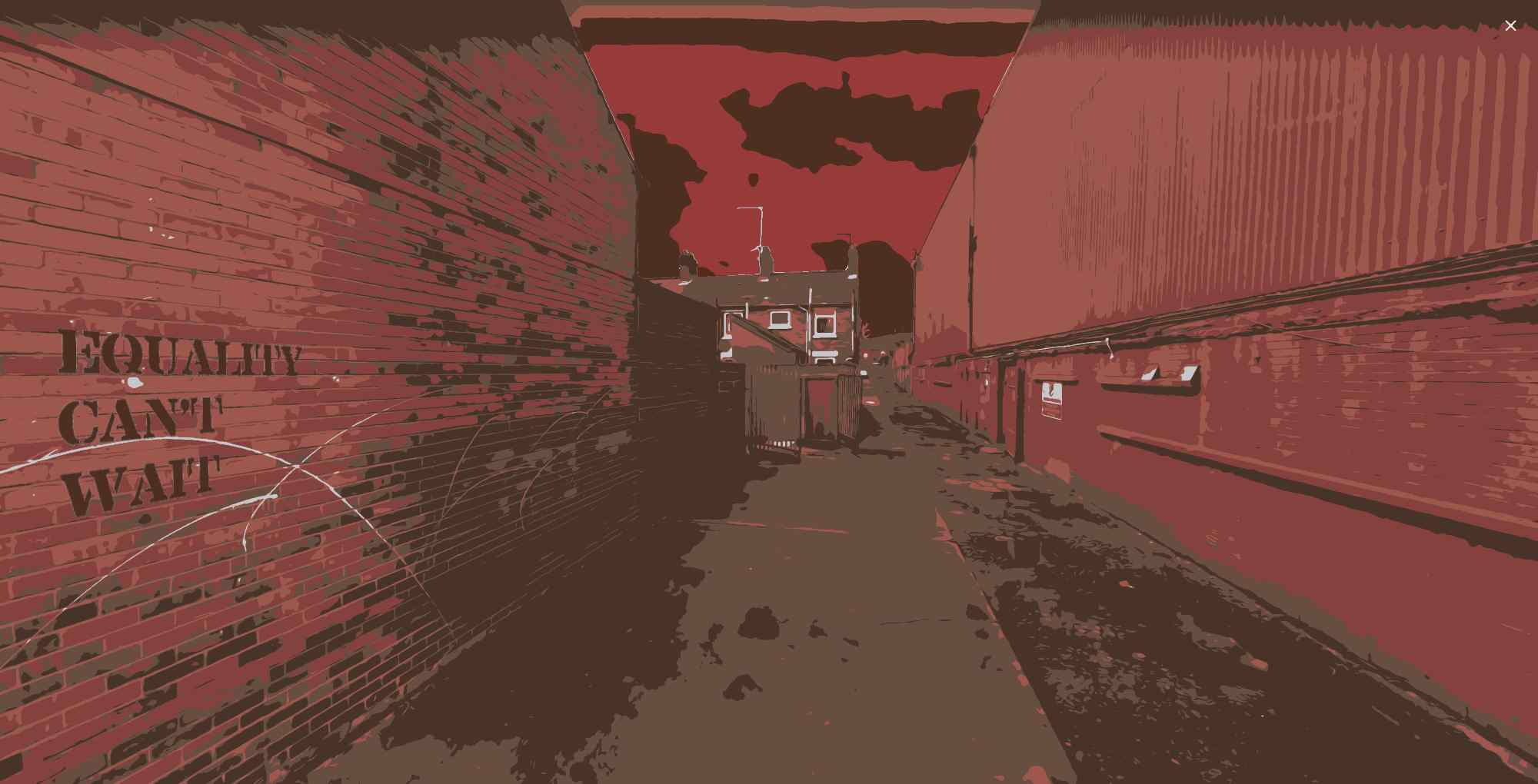
Policy Watch
An eye on policy changes in Ireland, the UK and beyond
UN Refugee Agency Examines UK Processes for ‘Moving People On’ from Asylum Support
Last summer, in an effort to meet the Prime Minister’s aim of ‘clearing the asylum backlog’ by end 2023, the Home Office issued an unprecedented number of asylum decisions over a short time. It also sped up the process of ending its accommodation and support for people seeking protection – handing them on to a NI Housing Executive already struggling with huge gap between need for social homes and supply due to factors such as the sale of the bulk of our social housing stock under Right to Buy, followed by years of under-investment in new social housing by political parties of all stripes. UNHCR are asking questions.

According to statistics obtained by PPR through Freedom of Information, the Home Office issued 932 asylum decisions in Northern Ireland between 1 August 2023 and 19 March 2024. Of these, 876 were positive decisions to grant refugee status; 49 were refusals; and the remaining seven were “unknown case types where we are unsure whether it was a positive or negative decision without a further interrogation of our data”. This represents an unprecedented rate of Home Office decision-making here.
In April the United Nations High Commissioner for Refugees (UNHCR) surveyed organisations working with people seeking international protection in order to better understand their experiences of the ‘move-on period’ from asylum support. In its submission PPR highlighted a sea change in people’s experiences here.
While receiving the news that they had been granted refugee status would in the past have been a wholly joyful occasion for people, changes to Home Office practices since August have made it instead a source of worry, uncertainty and fear. This is firstly because a speeding-up of Home Office procedures have resulted in people having much less time than before to prepare for their change in status. While waiting for their asylum decision, people were denied the right to work and to support themselves, and as a result they have no savings or financial cushion. Being told that their asylum support is about to be cut, and that they are shortly to face eviction (frequently from a hotel room that has served as their asylum accommodation), can feel like a real threat to their well-being.
Secondly, with no job or savings, the private rental sector is closed to new refugees; even if they had been able to find a property and secure employment which would cover their rent, they would be required to make significant deposits and/or have someone act as guarantor. With this option essentially unavailable to them, responsibility for housing new refugees transfers to a Housing Executive which is already facing a serious shortfall in social housing and a waiting list of over 46,400 households – more than 28,600 of them officially homeless.
People report that, despite repeated enquiries and requests for helping in planning and preparing for their move, both the Housing Executive and the Home Office’s contracted asylum accommodation provider, Mears Group, have simply advised them to turn up at Housing Executive offices on the day of their eviction, with their families and belongings, and wait for staff to arrange something for them. People have done so only to wait the entire day before being shifted to a different hotel – one paid for by the Housing Executive rather than by the Home Office.
What this means practically is that people – including children – go hungry and suffer distress that risks exacerbating past trauma.
In Housing Executive-funded hotels, people do not have meals provided and have no access to kitchens or laundry facilities. Equally, having been banned from working and cut off from asylum support, they have no money. Due to the 5-week wait for the first Universal Credit payment – a feature built into the UC system – there is no way that UC could be accessed before asylum support stops. Even in the best of circumstances there is a gap. What this means practically is that people – including children – go hungry and suffer distress that risks exacerbating past trauma.
People with disabilities can have difficulty being allocated a fully accessible place. Further, people are frequently placed very far from where they had been living – too distant for their children to continue attending school, for themselves to continue attending college, or for anyone in the family to attend GPs or consultants, some of whom are giving them much-needed ongoing medical care. Work is hard to find in an area where you know no one, where you may be far from public transport, and where, you’ve been told by the Housing Executive, your stay is only meant to be temporary anyway.
Some families can produce letters of support from teachers, medical staff or other contacts urging for them to be returned to the areas where they had been living and where they have built up support networks; and in some cases the Housing Executive has been able to move them accordingly. Yet housing staff are limited in what they can do by the lack of social housing supply and alternatives to temporary accommodation.
PPR and the ‘Take Back the City’ campaign are currently campaigning with homeless families, including recently recognised refugees, for an increase in the number of social homes through using the 25-acre, publicly-owned vacant Mackies site. Our Kind Economy network members are subverting the hostile environment by acting in solidarity with asylum seekers and newly recognised refugees are supporting people with practical needs - dropping children off at school, lending ramps for wheelchair users where none are provided by public bodies, giving food and other essential supplies, lending venues and skills. If you’d like to be a part of the Kind Economy network, join us here